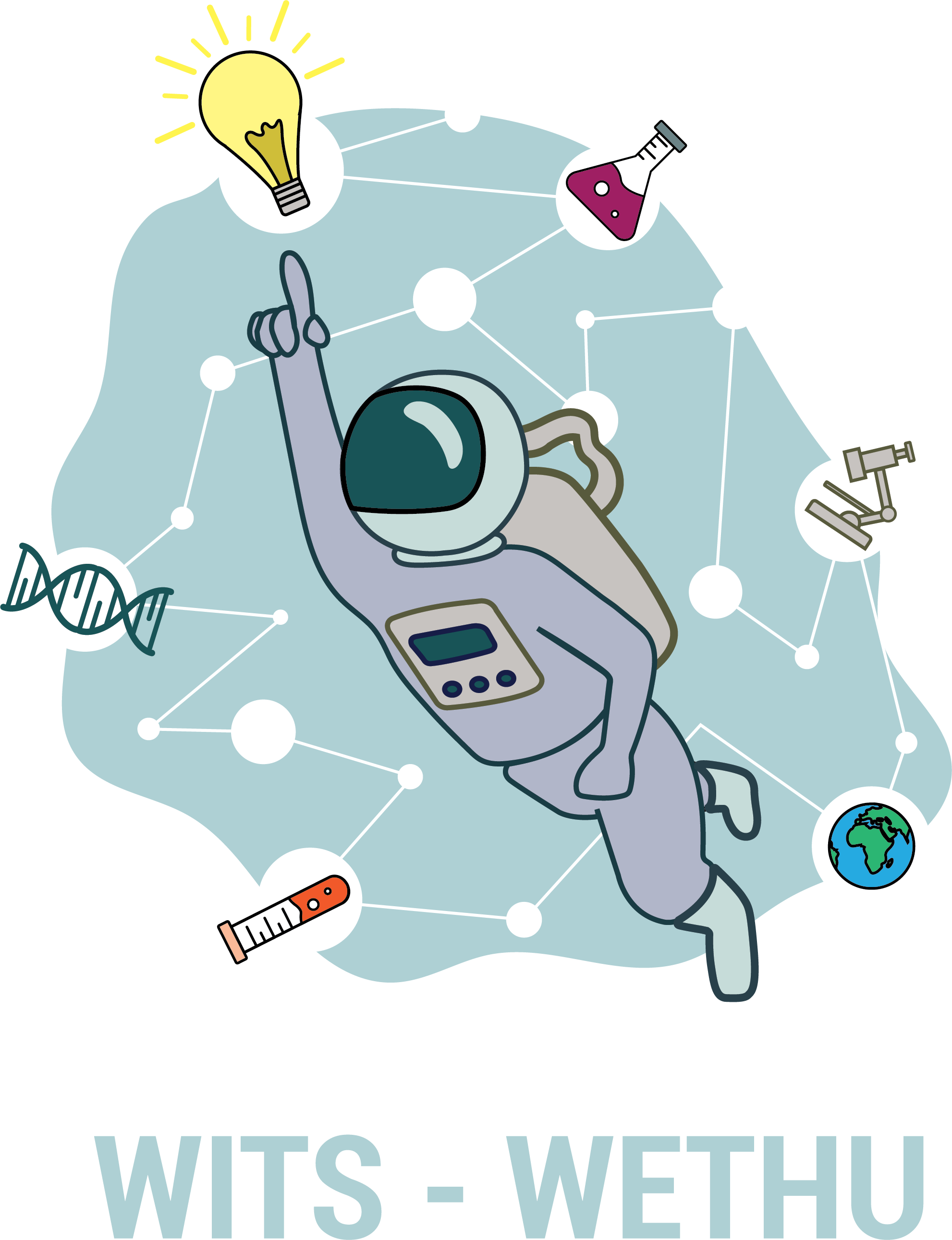
Imagining Innovation
After the success of our first webinar series in 2020, Pandemic Pangolins, we have been inspired by the industrious dung beetle, turning detritus into innovation, opportunity and new life.
As Helen Lunn and Marcus Byrne explain in their 2019 book Dance of the Dung Beetles, “These night-soil collectors of the planet have been worshipped as gods, worn as jewellery, and painted by artists …They fertilise soil, cleanse pastures, steer by the stars, and have a unique relationship with the African elephant … With over 6 000 species found throughout the world, these unassuming but remarkable creatures are fundamental to some of humanity’s most cherished beliefs and have been ever present in religion, art, literature, science and the environment”.
The industrious dung beetle transforms waste into potential. The award winning novelist and climate activist Arundhati Roy wrote of this pandemic rupture, in 2020 in The Financial Times, that “ … it offers us a chance to rethink the doomsday machine we have built for ourselves. Nothing could be worse than a return to normality. Historically, pandemics have forced humans to break with the past and imagine their world anew. This one is no different. It is a portal, a gateway between one world and the next.” With this inspiration this webinar series draws on our dreams and visions for the post-pandemic, and asks how we can use innovation to shape pressing questions in the context of health, science, design, the arts, and our social beings, through a lens of systems thinking.
We welcome you to join this webinar series hosted by the Adler Museum of Medicine and the Department of Family Medicine and Primary Care, with Health Systems Sciences & Medical Humanities. We will meet in Zoom every Wednesday, 1pm to 2 pm, for a live session.
Pre-registration is encouraged for smooth access. (Professional Development points are only available if participants register online.) The series is open to all.
In this series, which kicks off in September and ends in early December 2021, we dig down, discuss, debate and evaluate innovation across disciplines, and with people both inside the university space and outside.










